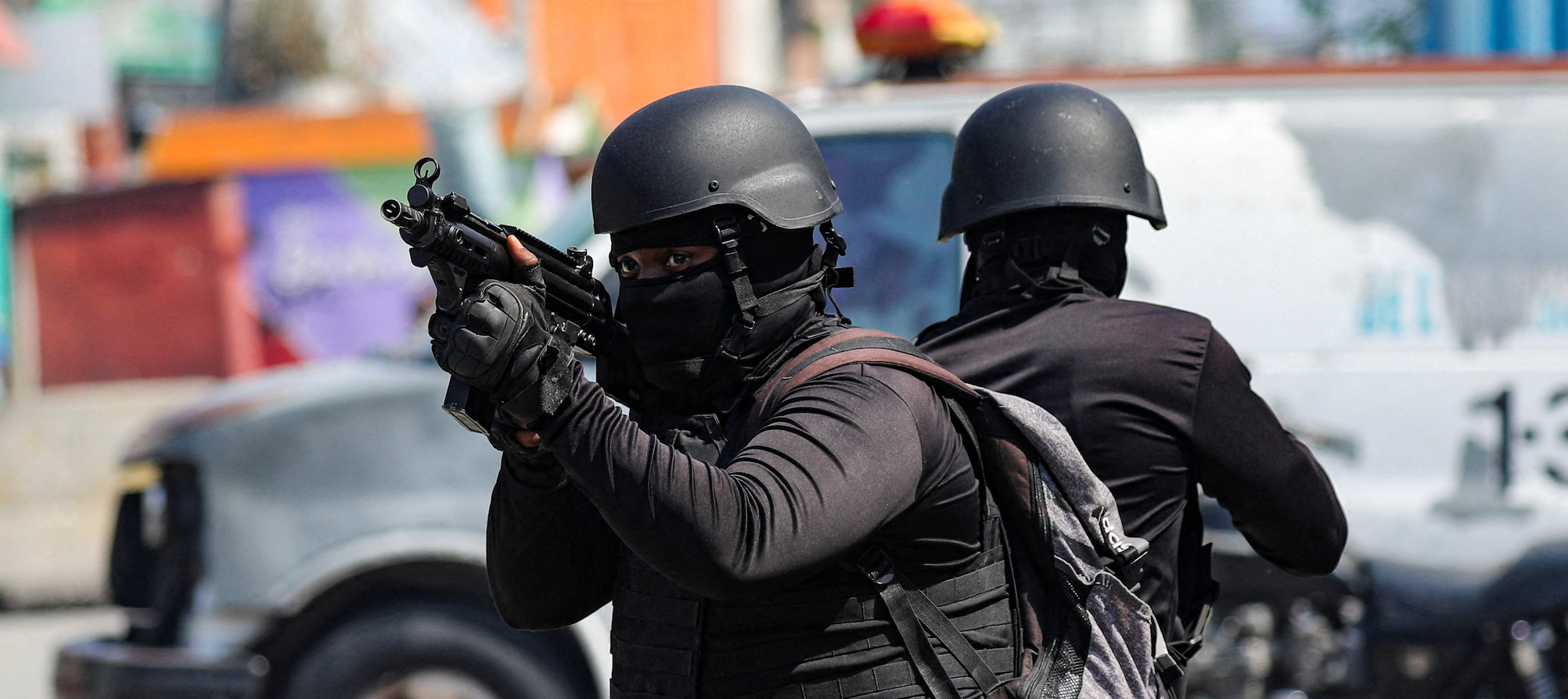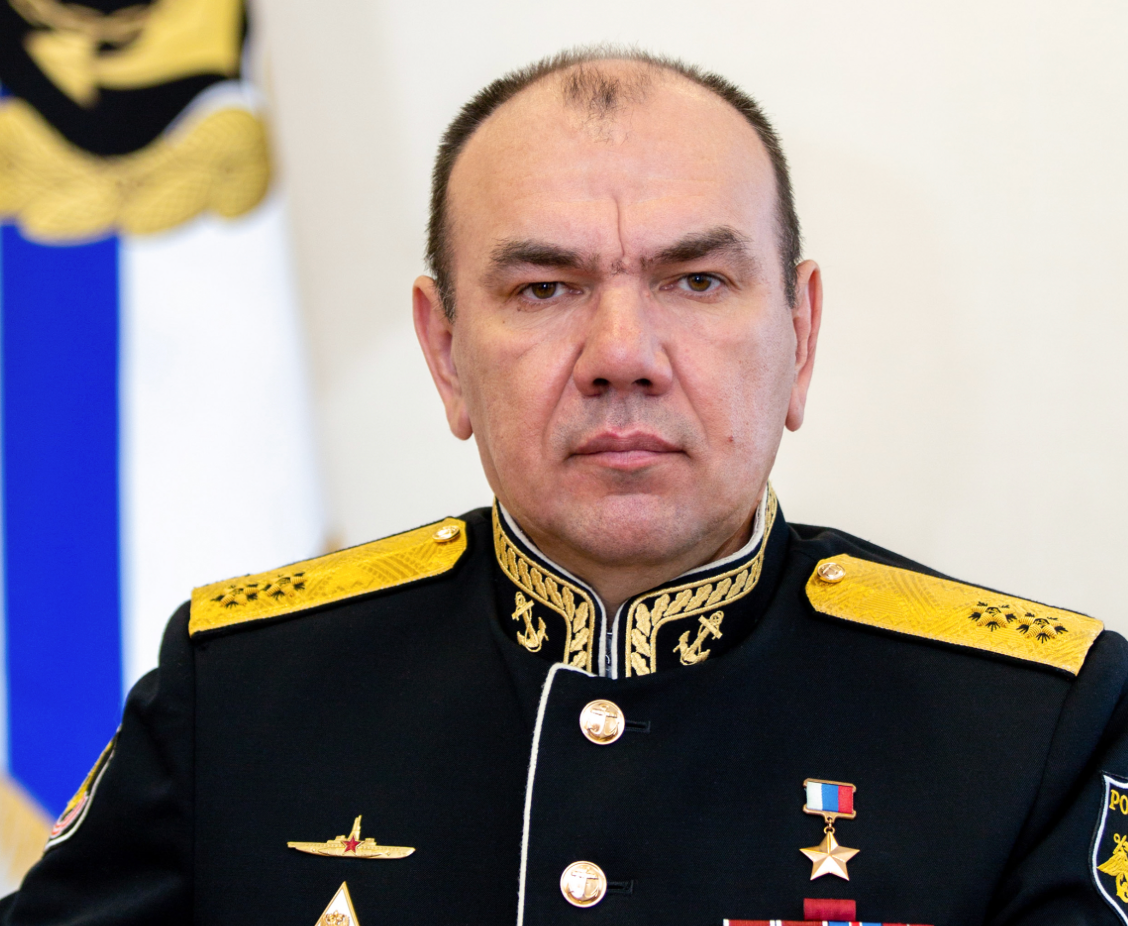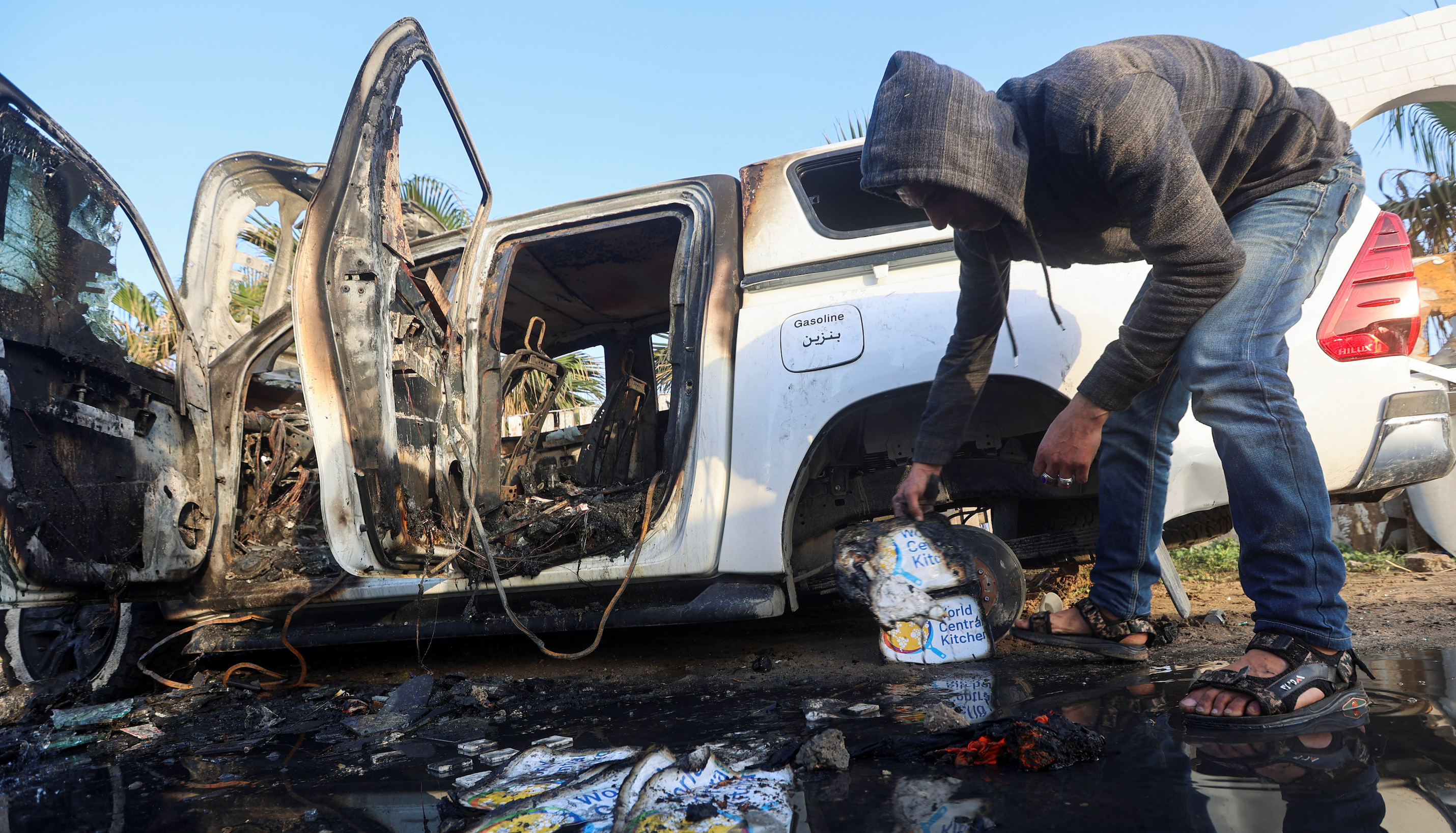
Panic in Haiti's capital as gunfire fills streets
PHOTO CAPTION: Police officers take part in an operation on the surroundings of the National Penitentiary following a fire, as a powerful gang leader in Haiti has issued a threatening message aimed at political leaders who would take part in a still-unformed transition council for the country, in Port-au-Prince, Haiti, March 14, 2024. REUTERS/Ralph Tedy Erol
By Ralph Tedy Erol
PORT-AU-PRINCE (Reuters) -Panic set in around downtown Port-au-Prince on Monday as wild shooting filled the streets of Haiti's capital, with heavy gunfire near the national palace.
The latest violence to rock the Caribbean island nation comes as the outgoing prime minister signaled that a broad transitional council is nearly finalized and seen as key to ending the current social and political crisis and paving the way for new elections.
Reuters saw civilians rush to escape gunfire in the capital, where rival gangs control wide swathes of territory, three weeks after Prime Minister Ariel Henry announced plans to step down pending the creation of the council and the appointment of an interim leader.
In a government statement, Henry said the nine members of the council have been forwarded on from regional body CARICOM, but he did not release the names.
Henry noted that a council of ministers must still discuss outstanding legal questions later on Monday in order to finalize the transition.
The discussions threaten to further delay an already prolonged resolution to Haiti's lack of a functioning government.
Earlier on Monday, gunmen seized an armored vehicle from palace guards in the city center. Meanwhile, four people were found dead in the capital's relatively upscale Petion-Ville suburb, which has been threatened by gangs.
At least one other person was shot dead amid fighting in the capital's Delmas district, while local media also reported a large industrial park had been set on fire three days before.
Meanwhile, the new U.S. ambassador to Haiti, Dennis Hankins, arrived in the country on Monday, as the United States and other nations continue evacuating their citizens.
Over the past several months, Haiti has been facing a worsening conflict with alliances of gangs vying for control of the capital and attacks on the airport and main port blocking access to key goods.
The prime minister announced his resignation on March 11.
The transitional council, proposed by Caribbean leaders and brokered by U.S. officials, was set to be formalized within days of Henry's announcement to step down.
Last weekend, troops from the Bahamas and Belize arrived in Jamaica to participate in a training exercise known as Trogon Shield, along with soldiers from Canada, in preparation for deployment to Haiti.
In 2022, Henry called for an international security force to boost Haiti's out-gunned police, but despite the United Nations ratifying the force six months ago progress has been sluggish.
Over 1,500 people were killed in the first three months of this year and around 60 lynched by vigilante groups operating where police presence is lacking, according to a U.N. report last week.
The report warned of the ongoing recruitment of children into gangs and called for more efforts to stop the flow of firearms, largely from the United States, into the Caribbean country.
(Reporting by Ralph Tedy Erol and Harold Isaac in Port-au-Prince and Sarah Morland in Mexico City; Editing by Peter Graff, David Alire Garcia and Michael Perry)









